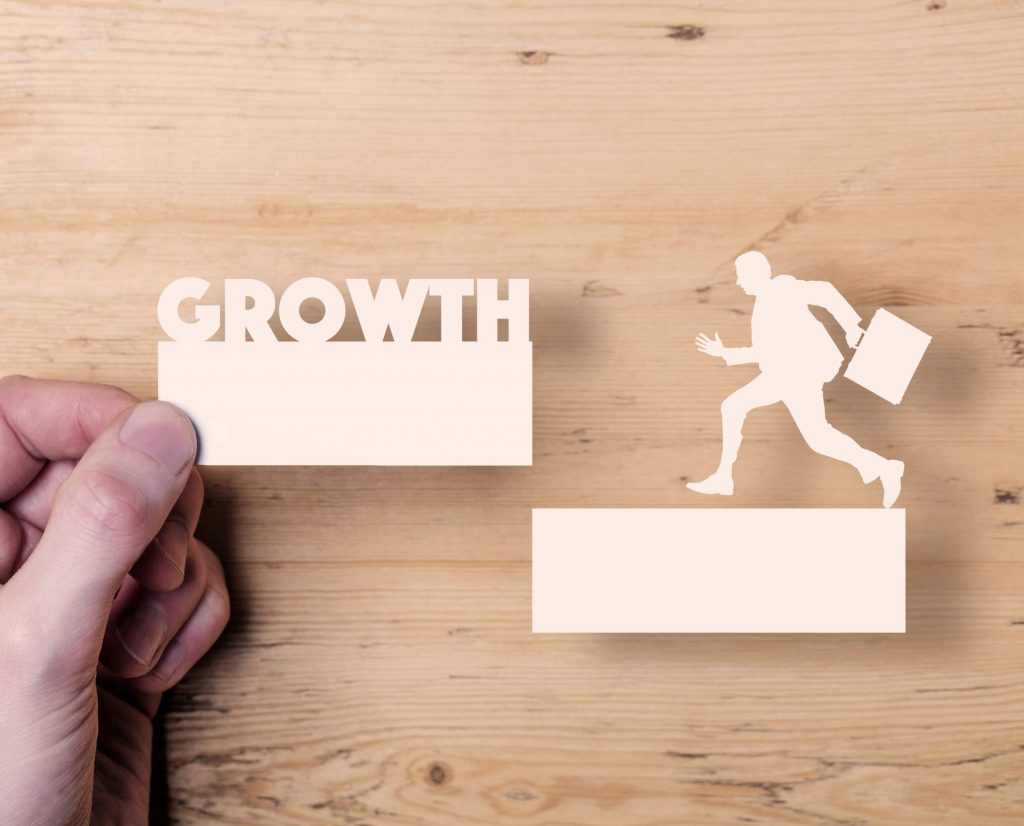Goal setting is tossed around, especially at the beginning of a new year, as a prerequisite for any major achievement you may wish to accomplish in the 12 months ahead.
Many of us are familiar with the goal setting process, but I wonder how many of you incorporate professional development goals that will support the business growth you are focused on?
As a leader of your organization it is important to understand that your own behavioral and leadership development is directly linked to the success and growth of the rest of the company. In short, often when you stop growing, so does the business.
I would encourage you to take some time out right at the start of this year to reflect on your own professional development.
- Personality and communication skills – understanding your workplace personality and how it is reflected through your leadership is a key to gaining clarity and confidence to lead more effectively. A DISC assessment is an excellent place to start – The DISC Model of Behavior was first proposed by William Moulton Marston, a physiological psychologist with a Ph.D. from Harvard. DISC is a personal assessment tool used to improve work productivity, teamwork, leadership, sales, and communication. DISC measures your personality and behavioral style. It profiles human behavior in various situations, for example how you respond to challenges, how you influence others, your preferred pace and how you respond to rules and procedures. To find out more and have an assessment done, CLICK HERE.
- Leadership Review with your team and / or board members – open yourself up to a conversation with your team on your management style, communication and how your own leadership can support them in their roles. This may seem daunting initially, but I’d encourage you to create a culture of open feedback where this becomes a regular practice. Begin now, at the start of this year. Sit with all your key team members who are direct reports to you for an in-depth conversation to support you in your own professional development. Book in a time with your board and specify the purpose of the meeting so that they can come prepared to support you with a constructive review.
- Commit to further training – recognize three key growth areas you are already aware of and set yourself the task of identifying the training or coaching you might require to help you improve in these areas. We should never stop learning, no matter how successful we become. So commit to continuous education. It might mean booking in to go to some key conferences, enrolling in some online training, or hiring a business coach to help you stay accountable. FInd out more about our executive coaching programs HERE.
- Use the SMART model to set your goals – and book in a time in your calendar to review them
- Specific: Your goal must be clear and distinct. Make sure you know what you want to accomplish, why it’s important, who is involved, where you need to be to complete the task, and which resources you need to do it.
- Measurable: This helps you track your progress towards accomplishing the task.
- Achievable: It needs to be realistic in order for you to succeed.
- Relevant: Your goal has to matter to you, and it must align with your other goals and long-term plans.
- Time-bound: Every goal needs a deadline to keep you accountable.
Professional development goals are skills and/or knowledge orientated. For growth, some form of learning or coaching is often involved with the focus on increasing skills and knowledge to further enhance leadership and business performance. They should support both current and future job functions and should align with your personal life goals.
If you would like to share some of your professional development goals with me, I would be more than happy to offer some feedback. Email me at steve@permanentprogressllc.com

